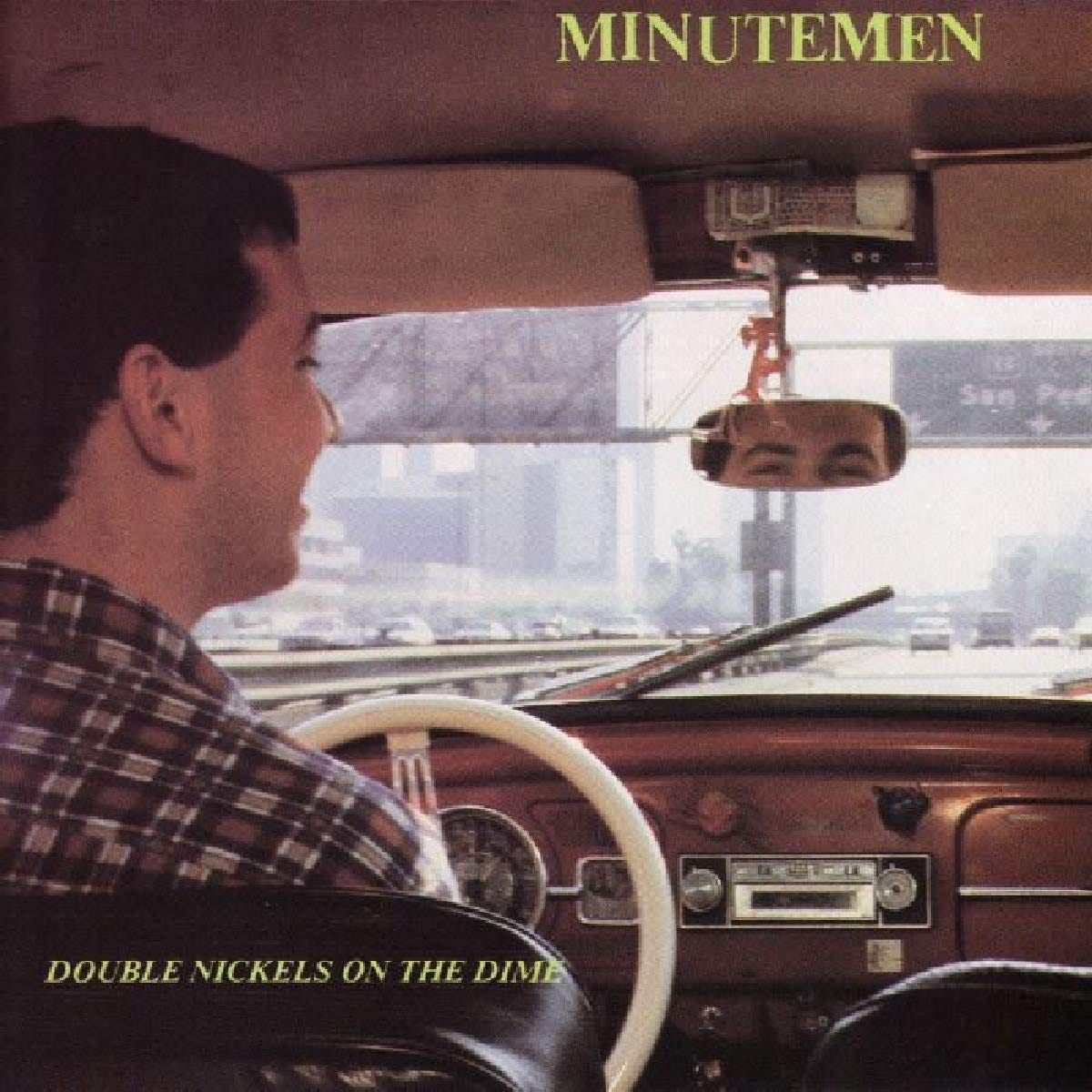Ryan showed me this song about a month ago, Tia Blake’s “Plastic Jesus.”
On her one album, 1971’s Folksongs & Ballads, Blake sings 11 covers. She fits the mold of ‘forgotten folk woman,’ made popular by indie label re-issue, sought after before that by collector types. Blake recorded Folksongs & Ballads while living in Paris with a group of European musicians clearly taken by the music coming out of America. It’s filled with both fingerpicked and slide guitar — or is it pedal steel?
Apple Music labels the album “Easy Listening,” which, besides being condescending, is also ignorant. These are horror stories, tales of gallows, heartbreak/ache, and explicitly morose symbolism. Vocally, Blake reminds me of Sibylle Baier, austere and somber. You could say ‘hauntingly beautiful,’ but I won’t…
The thing about this style of vocals, especially in its ‘60s and ‘70s existence, is that it always strikes me as so damn serious. Baier, Blake, Baez, I’m sure they’re capable of irony, but I rarely read them as ironic. Maybe it’s projection, because the modern songwriters they clearly inspired aesthetically — Phoebe Bridgers, Angel Olsen, Anna McClellan — rarely let their irony meters fall below 50%. Habib will tell me it has to do with ~postmodernism~ and he may well be right.
Listen to “Plastic Jesus.” Blake sounds earnest. I take her at her word. But the words, they’re so ridiculous.
I don't care if it rains or freezes
Long as I've got my plastic Jesus
Sittin’ on the dashboard of my car.Goin’ 90, it ain't scary
’Cause I've got the Virgin Mary
Sittin’ on the dashboard of my car.I'm in the backseat sinning
Jesus, up there grinning
Sittin’ on the dashboard of my car.
Fish-tailing 30-over, but it’s alright, the Madonna pardons partying.
I remember walking down Harvard Street in Coolidge Corner passing this musty convenience store, the type that sells cigarillos and penis pills. I must have been four, not yet in kindergarten. For whatever reason, they had these religious action figures in the window — plastic Jesus’s — lined up side by side. I asked my mom if I could get one because I thought they were Obi Wan Kenobi from the prequels, the one played by Ewan McGregor.
That’s beside the point. Is Blake being serious? I guess so, but whoever wrote the song surely couldn’t have been. So I tracked down the older versions. There’s Paul Newman’s 1967 rendition in Cool Hand Luke (pathetically serious). It wasn’t until I listened to the original that I found what I was looking for. The Goldcoast Singers, an early folk duo equal parts comedic (a la Zappa) and revivalist (they do a few Yiddish numbers), wrote “Plastic Jesus” in ‘62. Some of their other songs: “Peace Corps Rejects,” “An Irreverent Medley,” and “Please Mr. Kennedy,” which the Coen Brothers riffed on in Inside Llewyn Davis, that movie based on the life of one of last post’s musicians, Dave Van Ronk.
Unsurprisingly, the Goldcoast Singers play “Plastic Jesus,” for laughs. It’s a song about rednecks and bad drivers, about the superficiality of religion. All of which only gets funnier when Blake fails to get the joke, when she becomes herself the punchline, that fool excusing her recklessness via her little lord and savior.
We Americans, with our red muscle cars and red rocket’s for freedom. Of course we wound up taking this song seriously. It reminds me of the story behind one of my favorite punk albums, Minutemen’s Double Nickles on the Dime. The name spoofs “I Can’t Drive 55,” a song by Sammy Hagar — alias: the Red Rocker (ha ha) — about acquiring speeding tickets in his Ferrari. A song of excess, both musically and narratively, superfluousness that Minutemen worked against in their skeletal compositions. They were a band with political ambitions, blue-collar socialists. There’s the anti-racist and class-conscious “This Ain’t No Picnic,” and the anti-imperialist “Viet Nam.” Theirs is an agenda far more subversive than driving over the speed limit. So they named their album Double Nickles on the Dime and made the cover a picture of bassist Mike Watt driving precisely 55 mph.
I leave you with my favorite song from the album, an acoustic guitar instrumental John Fahey would’ve been proud of.







Hi Ethan! Have you seen the interview with Tia Blake? She describes how the songs were recorded and I assure you it's a fascinating story (with some French romanticism to it). I'd be glad if you could text me somewhere (maybe mail?) and I'd love to send it to you. Gotta ask you about one thing anyways.